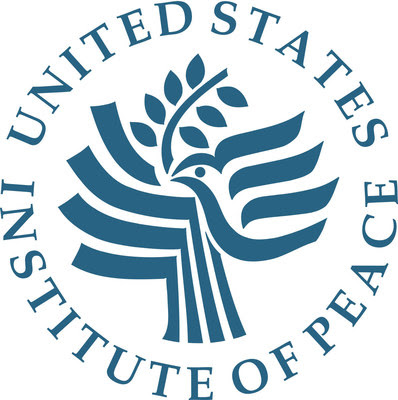Plans are underway for a large communal memorial service Sunday for victims of New York City’s deadliest fire in more than three decades.
Seventeen people, including eight children, were killed when a fire broke out on January 9 at a high rise residential building in the working class Fordham Heights neighborhood in the Bronx, a New York borough with a large African and Latino community.
Funerals were held Wednesday at a mosque in the neighborhood of Harlem for 12-year-old Seydou Toure and his sister, five-year-old Haouwa Mahamadou.
Community leaders are preparing to memorialize the remaining 15 victims, all of whom had ties to the west African country of Gambia, on Sunday, one week after the tragic blaze.
The large-scale funeral will be held at the Islamic Cultural Center in the Bronx, according to Imam Musa Kabba of Masjid-Ur-Rahmah. He said the mosque is where some of the victims’ families have been gathering to grieve.
Kabba also said funeral plans have been complicated by the difficult task of identifying the dead and contacting next of kin.
Community activists have been pleading for more help for survivors who have had trouble getting services, including financial assistance, advocates said at a recent news conference.
The Gambian Youth Organization, a Bronx-based group that has raised more than $1 million through an online campaign, is among a number of organizations raising money for those affected by the fire.
Robert Agyemang, New York Director of African Communities Together, said in an interview with VOA, “This kind of tragedy isn’t something one organization should be left to deal with on their own,” adding that his organization “follows their lead” in reference to the other groups.
“We’re helping with gathering of materials. We’re helping with interpretation needs for when they need to get resources from the city that have been promised by the mayor, resources from the state that have been promised by the governor, and all these other entities that we do interact with on a normal basis,” Agyemang said.
“We, African communities … work with the city on several projects and we’ve been in communication with this city, as well to try to ensure that especially the Gambian families have been taken care of and make sure they have all the resources they need,” Agyemang added.
Some of the families have been struggling to decide whether to bury their loved ones in their homeland of Gambia or in the United States.
The Gambian government said it is ready help in any way it can, including accommodating requests to repatriate the deceased, according to Alhagie Ebou Cham, president of the United Gambians Association and an honorary consul for Gambia.
Meantime, investigators are trying to determine why safety doors did not close when the fire erupted, allowing heavy smoke to rise through the 19-story tower and kill the victims.
The city’s medical examiner’s office said all the victims suffocated from the thick smoke in the building, where officials say a malfunctioning electrical space heater started the fire. Many people managed to escape, but others died as they tried to make their way down the stairs.
New York’s deadly fire and a January 5 blaze that killed 12 relatives in a Philadelphia rowhouse duplex, where officials said none of six smoke detectors were working, are the worst residential fires in either city in years.
Housing advocates say it is not a coincidence the two fires occurred in housing meant for low-income residents.
“The first thought when I read the news was, ‘I’m certain, based on the building and location, that this was low-income housing,’” Jenna Collins, a housing attorney at Community Legal Services in Philadelphia, said of the fire in New York.
“I was even less surprised to hear reports now that it was a space heater that caused that fire,” she noted, saying it is not unusual for residential properties either owned or subsidized by the government to have inadequate heating during the winter.
Soaring real estate prices have pushed low-income Americans even further away from the dream of home ownership, while available government-owned or subsidized housing in some cities plagued by poor maintenance conditions increases the chance of disaster.
“This is housing that’s been, for the most, neglected,” said Lena Afridi, acting executive director of the Pratt Center for Community Development in New York.
“People live where they can afford to live, in both cases, and people settled for places that might not be safe because that might be preferable to homelessness. But that should not be the dichotomy we set up.”
Afridi said she believed a lack of maintenance contributed to the fire, citing reports that residents relied on heaters to keep warm and that they ignored the fire alarm because they had previously heard so many false alarms.
U.S. President Joe Biden has proposed investing billions of dollars in affordable housing in his Build Back Better proposal, but the massive spending bill has reached an impasse in a Congress divided along party lines.
Source: Voice of America


